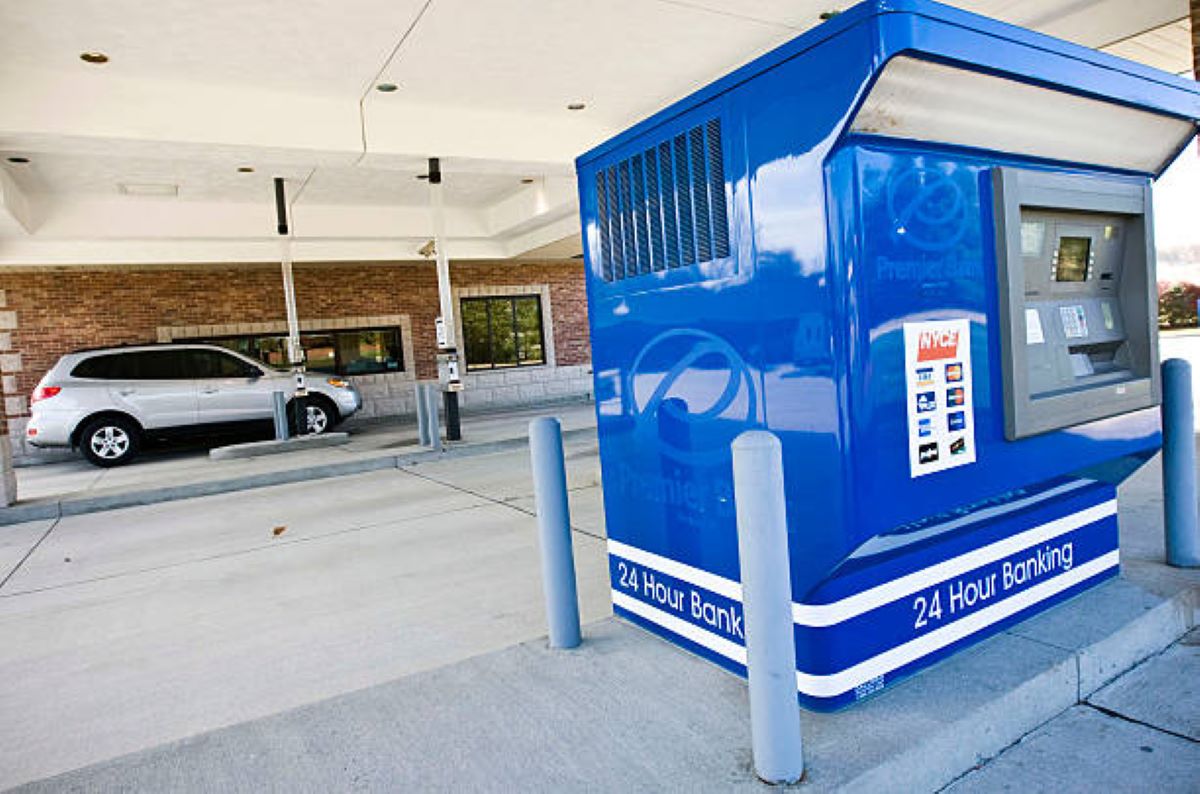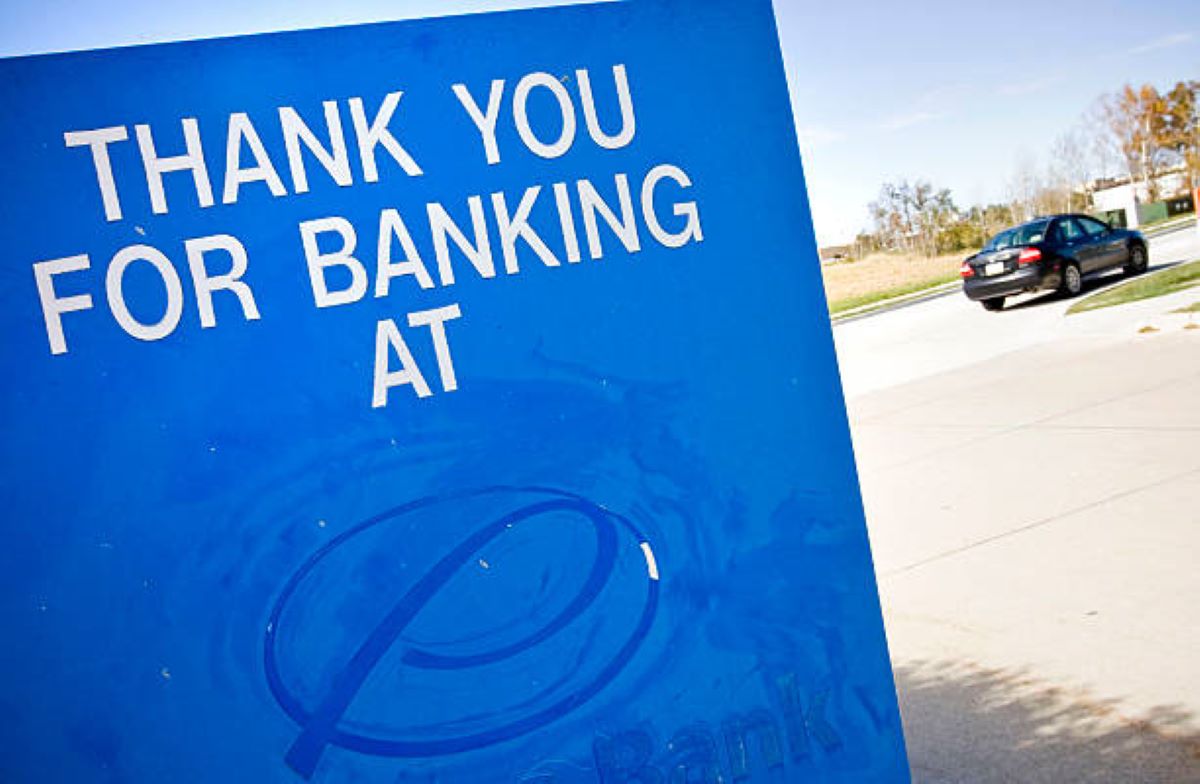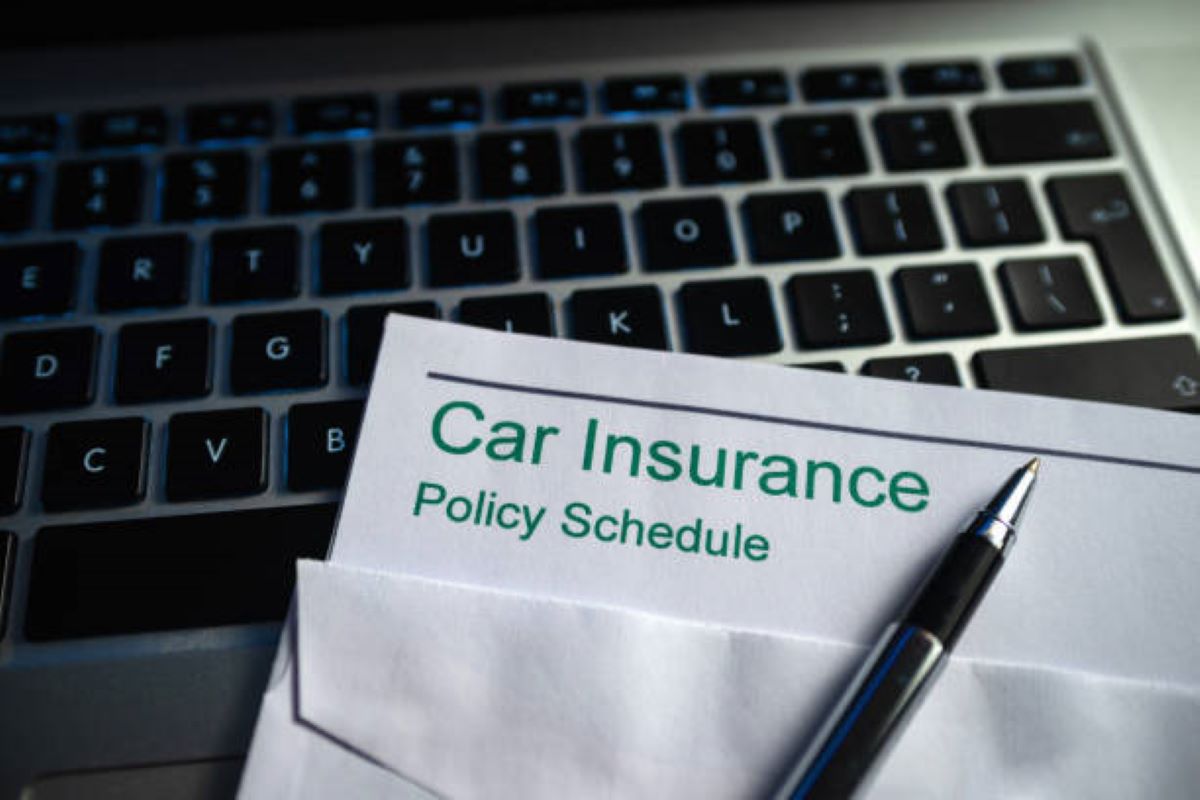Entering the world of car ownership is an exciting milestone, but navigating the ins and outs of car insurance can be overwhelming for first-time buyers. This guide aims to demystify the complexities of car insurance for first-time buyers, providing essential insights to help you make informed decisions and drive with confidence.
What is car insurance?
Think of car insurance for first-time buyers as a safety net for your car. It protects you from huge losses caused by accidents, fires, theft, catastrophes, personal injuries and damage to third-party property. In case of an accident, the insurance company will cover the repair costs, saving you money and worry. It is a wise and responsible decision for every driver.
Insurance companies only need to ensure that the driver is the vehicle’s registered owner and has a valid driving licence.
Understanding the Basics
- Liability Coverage: Protects you if you’re at fault in an accident, covering the other party’s medical and repair expenses.
- Collision Coverage: Covers damage to your car in case of a collision with another vehicle or object.
- Comprehensive Coverage: Protects against non-collision events like theft, vandalism, or natural disasters.
- Personal Injury Protection (PIP): Covers medical expenses for you and your passengers, regardless of fault.

Why do I need Motor Insurance?
- Motor insurance is essential to protect you and your vehicle from potential financial risks caused by accidents and third-party liability. Here are some compelling reasons that highlight the importance of motor insurance:
- Under the Motor Vehicles Act, of 1988, it is mandatory for all vehicles, including electric cars, to have third-party insurance. Failure to comply with this law can result in a fine of up to Rs 4,000 and imprisonment. Therefore, to comply with the law, you should make sure to take out or renew your car insurance for first-time buyers.
- Car insurance for first-time buyers allows you to drive with peace of mind knowing that in the unlikely event of an accident, you won’t have to pay for damages to your car out of your pocket. Small scratches and dents can lead to huge financial losses, and insurance protects against such losses.
- If you are involved in an accident with an uninsured driver, car insurance for first-time buyers protects you from financial losses resulting from repairs to the other party’s car. If your car covered under Comprehensive Insurance is not tracked and gets stolen, the insurance will cover the financial loss.
Related: What is An Engine? – Different Types of Engines
- Comprehensive car insurance for first-time buyers helps you if your car is heavily damaged due to natural disasters like floods, hurricanes, earthquakes, etc. It covers the huge repair costs and provides financial assistance during difficult times.
Types of Car Insurance
Car insurance comes in various categories that are customized to suit the different needs of customers.
1. Liability Insurance:
This insurance covers the expenses if you accidentally damage someone else’s vehicle or injure someone in an accident. In India, third-party insurance is mandatory for two and four-wheelers. So, if you accidentally damage a third party’s property or injure someone, this insurance steps in and covers the repair and medical expenses of the other person. Note that it does not cover repairs to your vehicle. This is where comprehensive insurance comes into play.
2. Comprehensive Insurance:
This is robust and comprehensive car insurance for first-time buyers that provides comprehensive protection against a wide range of risks. Unlike basic liability insurance, which primarily covers damage to other vehicles and people in an accident, comprehensive insurance goes a step further and covers accidents, theft, vandalism, and natural disasters (hail, flood, fire, etc.), damage caused by falling objects and animals.
Think of them as a total package that protects your car from everything. Comprehensive insurance covers both damage to your vehicle and third-party liability.
3. Personal liability insurance:

This protection is like a personal bodyguard for your car. It protects your car, especially from unexpected damage. Unlike regular comprehensive insurance, which covers both your car and damage to third parties, third-party insurance focuses only on your car. So if your car gets scratched, dented, needs repairs or is stolen after an accident or natural disaster (hail, flood, fire, etc.), this insurance will cover you.
It’s a great option if you want to give your car extra protection.
What does insurance not cover?
- Liability Insurance: Liability insurance does not cover damage to your vehicle.
- Comprehensive Insurance: The following are excluded from a comprehensive insurance policy:
- Normal wear and tear and aging of the vehicle
- Damage caused by driving without a valid license or while under the influence of alcohol or drugs
- Damage to mechanical/electrical breakdown vehicles
- Damage to vehicles used for commercial purposes
- Damage caused by war, rebellion or nuclear risks
- Consequential or indirect losses
- Single First Party Insurance: The exclusions for a single claim-made policy include all the exclusions listed above.
As well as having comprehensive insurance, you will not be covered for liability or losses arising from property damage. Your car may endanger the lives of others in an accident.
Factors to consider when choosing car insurance for first-time buyers
- Age and Driving Experience: Younger drivers and those with less experience may have higher premiums.
- Vehicle Type: The make, model, and year of your car can impact insurance costs.
- Driving Record: A clean driving record often results in lower premiums.
- Coverage Limits and Deductibles: Higher coverage limits and lower deductibles may increase premiums but offer more protection.
- Check your insurance coverage carefully.
- Make sure it includes important protection against accidental damage, theft, fire, riots, and natural disasters such as floods, earthquakes, and hurricanes.
- IDV is the current market value of your car and affects the amount of loss in case of total loss or theft.
- Make sure your IDV is calculated accurately and is not too high or too low.
- Claim settlement ratio indicates how efficiently an insurance company pays claims.
- Look for an insurance company with a high claim settlement rate as it indicates that your claim is likely to be approved easily.
- Deductible is the amount you will pay out of your pocket in case of damage.
- The higher the deductible, the cheaper the insurance premium will be, but choose an amount that you can comfortably pay in case of an accident.
- Check if the insurance company has a large network of certified workshops for cashless repairs. This makes it easy and convenient to handle in case of damage.
- Read reviews from existing policyholders to get insight into the insurance company’s customer service, responsiveness, and reliability of claims handling.
- Get quotes from different insurance companies for the same scope of insurance and the same services.
- Compare premiums to find the best deal.
- If you already have other insurance policies with the same company, keep an eye out for discounts and offers offered by insurance companies, such as loyalty discounts or discounts for multiple policies.
State-Specific Requirements
- Each state has its own minimum insurance requirements.
- Familiarize yourself with state laws to ensure compliance.
Shopping for the Right Car Insurance for First-Time Buyers Coverage
- Compare Quotes: Obtain quotes from multiple insurance providers to find the best rates.
- Bundle Policies: Consider bundling auto insurance with other policies for potential discounts.
- Ask About Discounts: Inquire about discounts for good grades (for students), safe driving, or anti-theft features.
Deductibles and Coverage Limits
- Deductible: The amount you pay out of pocket before insurance kicks in. Higher deductibles may result in lower premiums.
- Coverage Limits: Ensure your coverage limits adequately protect your assets and meet legal requirements.
Policy Add-Ons and Extras

- Roadside Assistance: Provides help for common roadside issues like flat tires or breakdowns.
- Rental Car Coverage: Covers the cost of a rental car if yours is in the shop after a covered incident.
- Gap Insurance: Pays the difference between the car’s value and what you owe on your auto loan if your car is totaled.
Discounts for Safe Driving
- Defensive Driving Courses: Completing a defensive driving course may qualify you for discounts.
- Usage-Based Insurance: Consider programs that monitor your driving habits for potential discounts.
Reviewing and Updating Your Policy
- Annual Review: Regularly review your policy to ensure it meets your current needs.
- Life Changes: Update your policy when major life events, like a move or marriage, occur.
Also Read: Things to Consider for EVs in Extreme Climates
Handling Claims
- Prompt Reporting: Report accidents or claims promptly to your insurance provider.
- Documentation: Keep records of all interactions and relevant documentation for claims.
Seeking Professional Advice
- Insurance Agents: Consult with insurance agents to clarify doubts and tailor coverage to your needs.
- Online Resources: Utilize online tools and resources to enhance your understanding of car insurance.
The difference between fully comprehensive insurance and standalone comprehensive and combined liability insurance
The main difference lies in the car insurance for first-time buyers coverage. Comprehensive insurance is a single policy that covers both your vehicle and third-party liability. On the other hand, standalone comprehensive and combined liability insurance allows you to customize your coverage to your specific needs and budget by purchasing separate insurance for each aspect.
It is important to evaluate your needs and preferences before deciding which option is best for you. We recommend consulting your insurance company about this for more clarity.
Conclusion: Car Insurance for First-Time Buyers

Armed with a solid understanding of car insurance for first-time buyers, you’re ready to hit the road with confidence. Remember that insurance is not only a legal requirement but a crucial financial safety net. By navigating the road to coverage with knowledge and awareness, you can make informed decisions that safeguard both your car and peace of mind.
Read Also:

